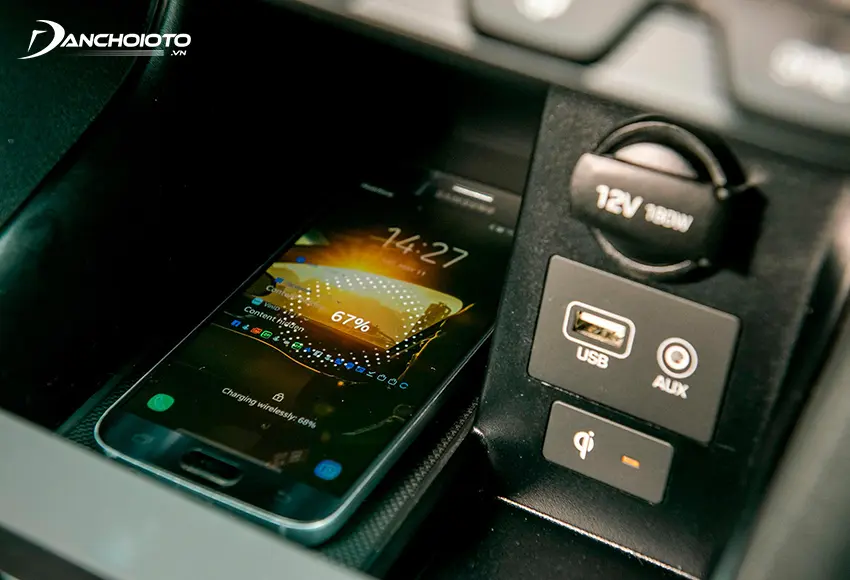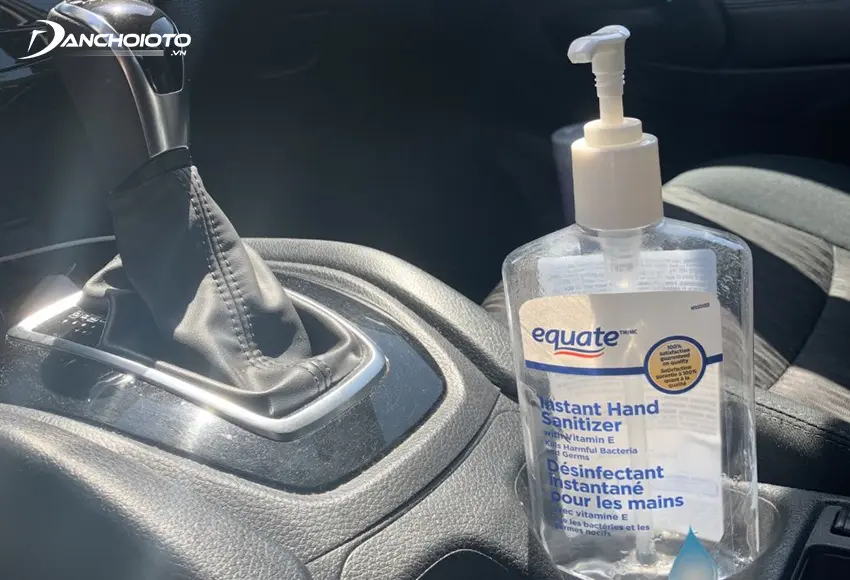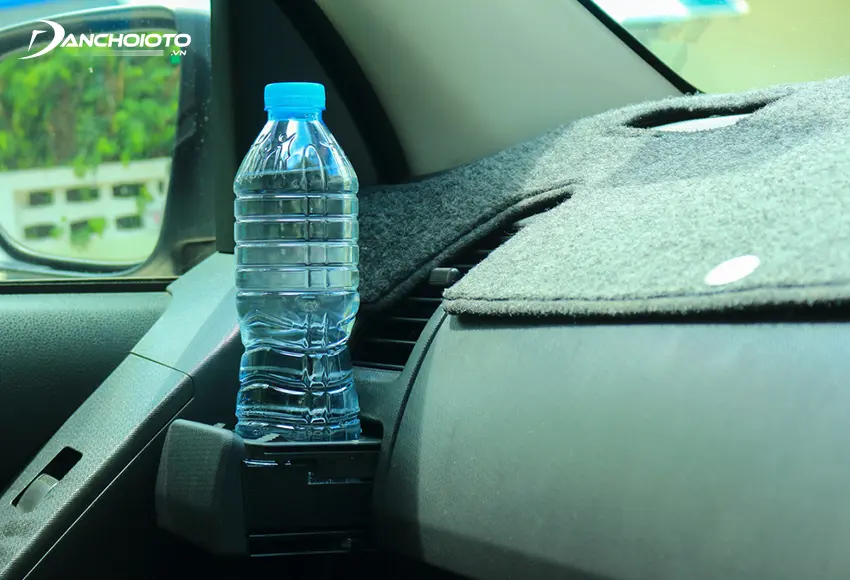When parking the car for an extended period under the scorching sun, there are certain items that should not be left inside the vehicle as they might deteriorate or cause fire or explosion.
When a car is parked for a while under the hot sun without shade or sun protection, the cabin temperature can rise to over 50 degrees Celsius, with areas near the windshield or windows reaching 60 to 80 degrees Celsius. At this point, leaving ‘sensitive’ items inside the car can easily lead to their deterioration or cause fire or explosion.
Electronic Devices
Do not leave electronic devices such as phones, tablets, laptops, cameras, power banks, etc., in the car when parked for a long time under the hot sun. The high temperatures can affect the functionality and lifespan of these devices.
Most electronic devices use batteries, commonly lithium batteries. While these batteries meet safety standards, there is still a risk of explosion, especially with poor-quality batteries or when the cells inside the battery are damaged. Besides physical damage due to falls, high environmental temperatures can also cause the cells of the battery to rupture.

If a battery cell ruptures, heat conduction occurs, causing the battery to become hotter. When the temperature of the battery reaches its limit, a phenomenon called “thermal runaway” happens, leading to the battery exploding.
Lighters
Gas lighters are not inherently dangerous, but they become a real hazard if the product is faulty, the outer plastic casing is cracked/broken, especially when left in high-temperature environments. Many drivers often have the habit of keeping lighters on the dashboard, door compartments, or central console compartments. These are all positions where temperatures can rise significantly when parked under the hot sun.
When a gas lighter leaks gas, simply encountering oxygen in the air, combined with high temperatures or even a tiny electric spark, can easily lead to an explosion. The lighter doesn’t necessarily need to be cracked to explode. Even a well-kept lighter, when exposed to high temperatures, will increase the gas pressure inside. If it reaches the limit, it can explode.
Hand Sanitizer
Hand sanitizer or antibacterial handwash has become a widespread item, especially during the COVID-19 pandemic. However, these contain alcohol, which, if left in a car under high temperatures, could explode. Therefore, experts have warned against leaving hand sanitizer in the car in hot temperatures.

Fire Extinguisher
High-pressure gas extinguishers usually need to be stored in places with temperatures ranging from -10 degrees Celsius to 55-60 degrees Celsius (depending on the type). When the car is parked under the hot sun without a shield, the cabin temperature can rise above 60 degrees Celsius, even higher. This exceeds the tolerance limit of the fire extinguisher. As the temperature increases, the liquid volume inside the extinguisher also increases. If the pressure becomes high enough, it can explode.
To avoid danger, do not place the fire extinguisher in sunlight-receiving areas such as behind the windshield, dashboard, central console, doors, or rear windows. Furthermore, only use high-quality foam extinguishers with a clear origin and brand. Also, thoroughly read the technical instructions on the extinguisher before purchasing.
Food and Beverages
Food and beverages are items prohibited to be left in the car when parked for a long time under the hot sun. High temperatures can cause food and drinks to melt, spoil, affecting their quality or even becoming harmful to health when consumed.
Especially, avoid leaving bottled water in positions exposed to direct sunlight. If sunlight directly hits the curve of the bottle, it can unintentionally act as a magnifying glass, concentrating light and heat. When the temperature rises significantly, the bottled water can catch fire, posing a significant danger. Similarly, carbonated beverages should be avoided when parked under the sun for a long time.

Medicines and Cosmetics
Many people have the habit of keeping medicines (such as drugs or supplements) or cosmetics (sunscreen, lipstick, powder, etc.) in their cars for immediate use when necessary. However, when parked under the hot sun without shelter, it is best to take them with you when leaving the car. High temperatures can alter the properties of medicines or cosmetics, reducing their quality, and could potentially generate chemical reactions, producing toxins.












